At the end of last week, I filled out an online questionnaire sent out by the knowledge transfer team at CAFRE, relating to the prolonged period of dry weather.
I always like to try and do my bit when it comes to these online questionnaires, and I complete most of them.
Early on in the questionnaire it asked me to rate the impact that the prolonged period of dry weather had on my farm business. Of course, I said that it had a major impact.
It wasn’t until I went further into the questionnaire that I realised that there were no options for the dry weather being a major positive, so by ticking the box for “major impact” it was assumed that the impact was negative.
LFA farmers
As usual CAFRE and others seem to be ignoring the farmers working on less favoured area (LFA) in the west.
We have had a short dry spell and suddenly everyone wants to jump on the bandwagon and help out the farmers who are working on the very best land in the country.
It rained here for six months non-stop last year, and no-one offered any advice on how to deal with that.
Here we are having the best year that I can ever remember. There is no shortage of grass and to make it even better there is very little being wasted in grazing swards.
Ground conditions are superb. Silage is being cut in ideal conditions. Everyone around here has had bumper crops of really good silage which should mean that meal feeding this winter will be well reduced.
Around every corner there are diggers working at draining fields that haven’t been farmed to any degree for years.
The local quarries cannot make the drainage stones quickly enough to meet the demand.
Last week, I was at a local quarry and there was a massive queue waiting on the weighbridge.
Drainage pipes are like gold dust and the local merchant is rationing them out to make sure everyone gets a few to try and keep going.
Year to date
While growth was slow in the early part of the year, it was still adequate to meet the requirements. It then took off in late May/early June. On this farm we have been baling lots of surplus grass every week. Too much grass is hard to manage. It was a wonderful problem to have.
On into July, growth has slowed a little but with odd bits of rain we are still growing more grass than we need. I have stopped baling paddocks so far this month in case growth does slow slightly in the coming weeks.
But in the dry weather, cattle are content and I am able to get the paddocks well grazed down. The sheep have been going into heavy covers, although we are then running a batch of dry (in-calf) heifers after them. They have cleaned out the paddocks really well and kept the grass under control.
Conditions have been as near to perfect as you could ask for. But even if the dry spell had continued, I would have no hesitation putting out a few ring feeders. I would rather do that than watch the cows slap about to their knees in muck like happens here most years.
The only issue with the dry and hot weather has been making sure that the cattle have enough water and a little bit of shade – two very important things for the farmer as well.
Read more
Farmer Writes: making hay while the sun shines
Watch: reseed struggle keeps everyone entertained
At the end of last week, I filled out an online questionnaire sent out by the knowledge transfer team at CAFRE, relating to the prolonged period of dry weather.
I always like to try and do my bit when it comes to these online questionnaires, and I complete most of them.
Early on in the questionnaire it asked me to rate the impact that the prolonged period of dry weather had on my farm business. Of course, I said that it had a major impact.
It wasn’t until I went further into the questionnaire that I realised that there were no options for the dry weather being a major positive, so by ticking the box for “major impact” it was assumed that the impact was negative.
LFA farmers
As usual CAFRE and others seem to be ignoring the farmers working on less favoured area (LFA) in the west.
We have had a short dry spell and suddenly everyone wants to jump on the bandwagon and help out the farmers who are working on the very best land in the country.
It rained here for six months non-stop last year, and no-one offered any advice on how to deal with that.
Here we are having the best year that I can ever remember. There is no shortage of grass and to make it even better there is very little being wasted in grazing swards.
Ground conditions are superb. Silage is being cut in ideal conditions. Everyone around here has had bumper crops of really good silage which should mean that meal feeding this winter will be well reduced.
Around every corner there are diggers working at draining fields that haven’t been farmed to any degree for years.
The local quarries cannot make the drainage stones quickly enough to meet the demand.
Last week, I was at a local quarry and there was a massive queue waiting on the weighbridge.
Drainage pipes are like gold dust and the local merchant is rationing them out to make sure everyone gets a few to try and keep going.
Year to date
While growth was slow in the early part of the year, it was still adequate to meet the requirements. It then took off in late May/early June. On this farm we have been baling lots of surplus grass every week. Too much grass is hard to manage. It was a wonderful problem to have.
On into July, growth has slowed a little but with odd bits of rain we are still growing more grass than we need. I have stopped baling paddocks so far this month in case growth does slow slightly in the coming weeks.
But in the dry weather, cattle are content and I am able to get the paddocks well grazed down. The sheep have been going into heavy covers, although we are then running a batch of dry (in-calf) heifers after them. They have cleaned out the paddocks really well and kept the grass under control.
Conditions have been as near to perfect as you could ask for. But even if the dry spell had continued, I would have no hesitation putting out a few ring feeders. I would rather do that than watch the cows slap about to their knees in muck like happens here most years.
The only issue with the dry and hot weather has been making sure that the cattle have enough water and a little bit of shade – two very important things for the farmer as well.
Read more
Farmer Writes: making hay while the sun shines
Watch: reseed struggle keeps everyone entertained



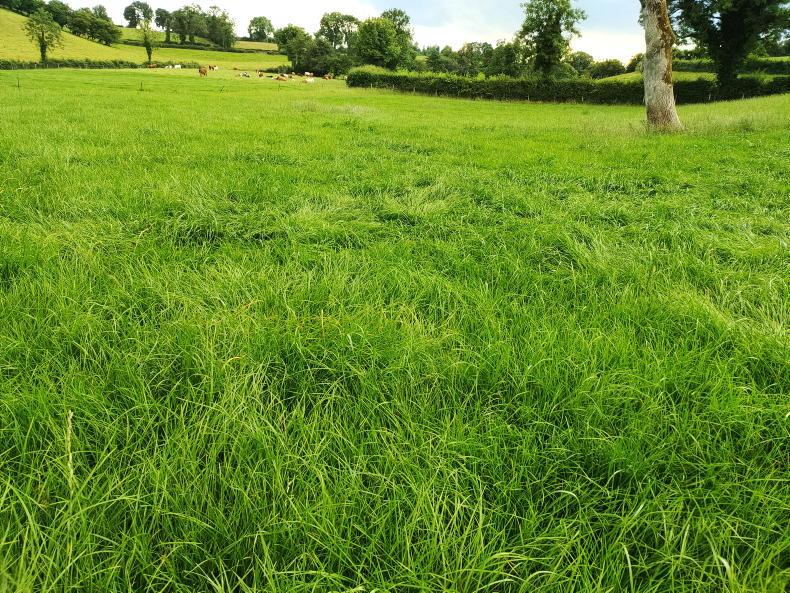

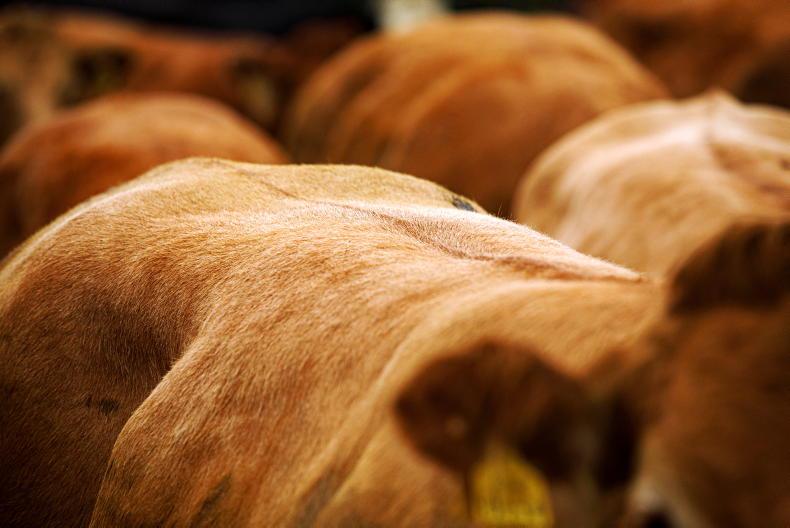

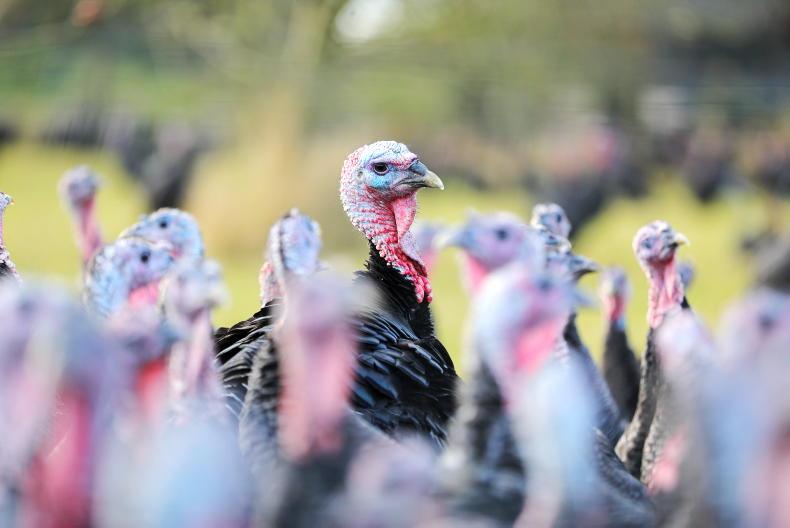
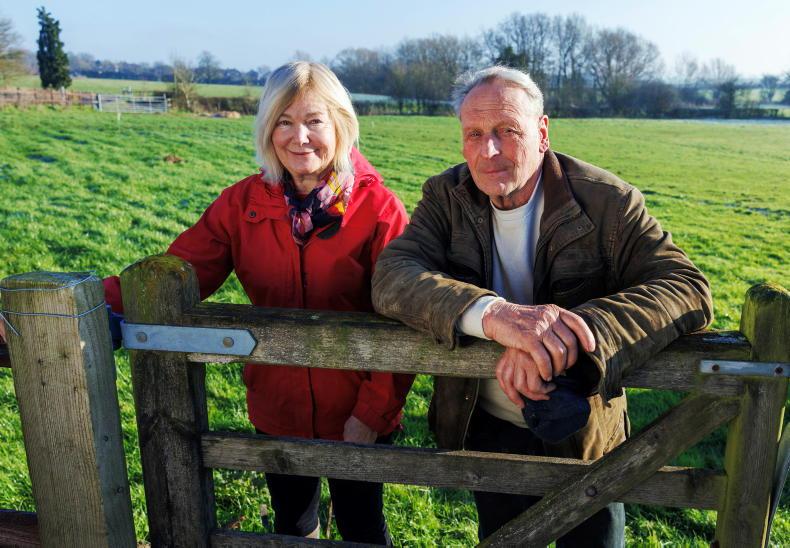
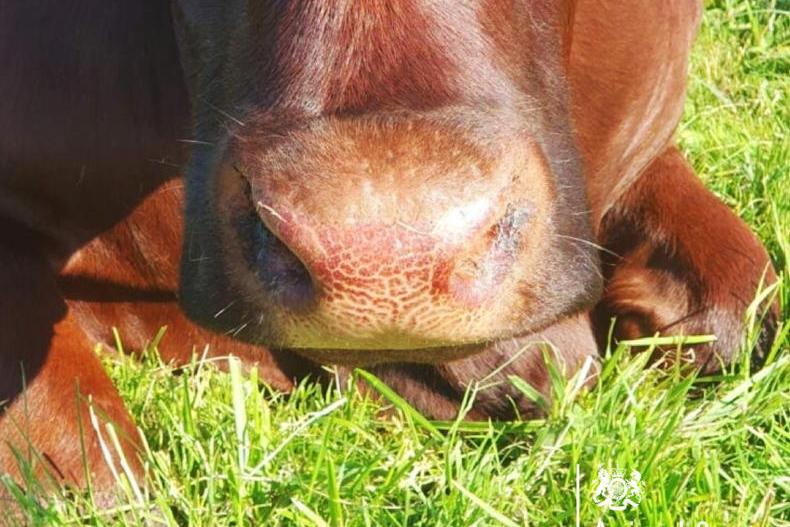
SHARING OPTIONS